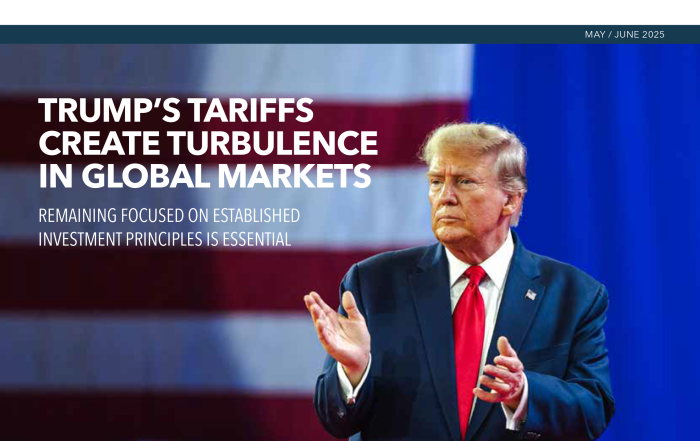Trusts can be an effective way to reduce your inheritance tax (IHT) liability. Placing an asset into a trust relinquishes ownership to the trustee/s. This means that the value of that asset will be removed from your estate and therefore will not be liable for IHT after 7 years unless it is an exempt transfer. Any asset you own can be placed into a trust, including property, but there are very important considerations you need to make before taking such action.

What is a trust?
Firstly, it is important to understand what a trust is in deciding if this is the right course of action. A trust is a legal arrangement where you give cash, property or investments to a trustee to be looked after for the benefit of a third party (the beneficiary). Once you set up a trust, provided certain conditions are met, your asset will no longer belong to you. As such, if you were to place a house into trust you would need to be very certain this was the right course to take.
While a trust can provide significant tax advantages, creating one purely to reduce inheritance tax would be inadvisable. However, if the situation is best suited for a trust, this can be an effective solution.
When might a trust be advisable?
Placing a property into trust might be advisable if you are sure that you wish to gift the asset to one or more beneficiaries. For example, a trust is an effective way to hand over a valuable asset if the beneficiary is young or vulnerable.
What charges are associated with creating a trust?
A basic trust can be set up relatively cheaply but, for more complex arrangements, you would need professional advice from a financial adviser or a legal professional, which would incur fees.
Does a trust entirely escape tax?
It is a common misconception that if you place an asset into trust, it will become entirely exempt from tax. While the trust arrangement will remove the asset from your estate after 7 years unless it is an exempt transfer, and therefore remove that value from any IHT liability upon your death, trusts can incur fees and tax liabilities.
Charges rate for trusts (10 yearly)
Periodic charges for trusts are incurred at a maximum of 6% of the asset’s net value above the trust’s nil rate band. Whether or not a property in trust is liable for these charges can be complicated, so it is important that the trustee consults a specialist as any delayed or incorrect payments to HMRC will result in interest charges and/or financial penalties.
Entry and exit charges for trusts
Entry charges will need to be paid when you transfer assets into a trust if the value exceeds the settlor’s available nil rate band. Likewise, distributing capital from the trust may incur an exit charge, which will be based on the value of the assets leaving the trust and the previous history of the trust. If income payments are paid from the trust to the beneficiary these will be liable for income tax.
Periodic charge on trusts
Trusts are liable for a periodic charge (usually every 10 years) if the trust contains relevant property where the value is over the trust’s nil rate band (maximum of £325,000 per settlor). This will be charged on the net value of the property in trust after any deductions for debts and reliefs are taken. If all of the assets are transferred to one or more of the beneficiaries before the ten-year anniversary, no charge will occur except the exit charge.
Talk to us
There are many considerations to take into account when it comes to Inheritance Tax planning and the creation of trusts. It is, therefore, important to speak to a specialist financial planner to get independent advice on what strategies will work best for you and your family.
PLEASE NOTE: Grosvenor Wealth Management Ltd is authorised and regulated by the Financial Conduct Authority. Tax treatment is dependent on individual circumstances and may be subject to change. Tax planning is not regulated by the Financial Conduct Authority. The Financial Conduct Authority do not regulate, tax planning, estate planning or trusts.
Contact Form
Please complete this form if you wish to send us your questions or if you would like to request a call back.
We look forward to speaking with you.
Recent GWM articles that may be of interest
Smart Money May / June 2025
Smart Money May / June 2025 Welcome to the May / June 2025 edition of [...]
Smart Money March / April 2025
Smart Money March / April 2025 Welcome to the March / April 2025 edition of [...]
Taking the road to a comfortable retirement
Achieving this vision requires careful planning and preparation We all dream of a comfortable retirement, [...]
Practical financial planning for busy mums
The road to robust financial health, even when you’re juggling the demands of family life [...]
Planning for the future of your wealth
How to integrate emotional, financial and practical dimensions When it comes to your legacy, wealth [...]
Pension funds and the path to net zero
Survey pinpoints several barriers threatening pension funds’ progress Sixty-five per cent of pension funds recently [...]







